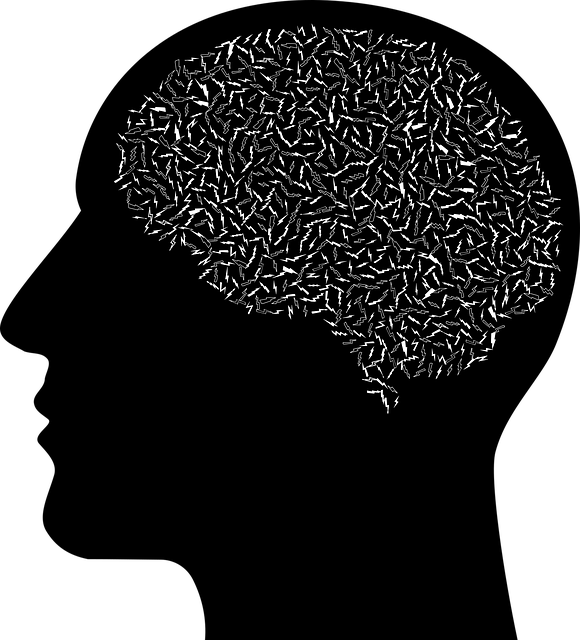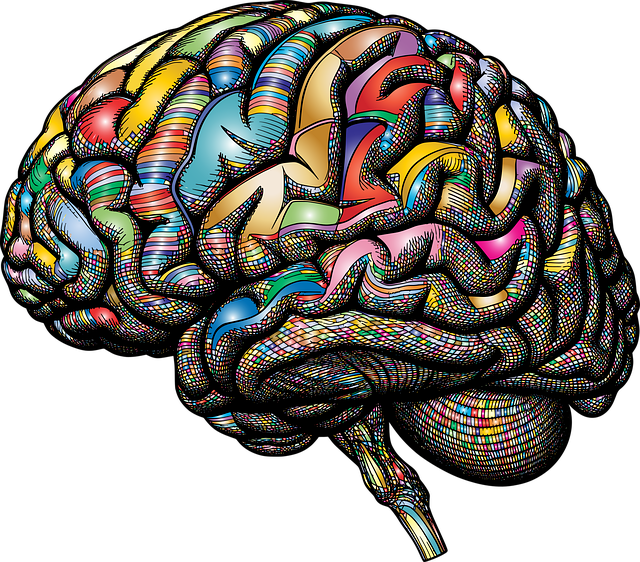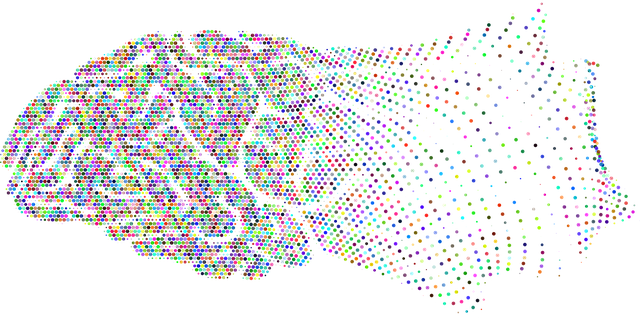Young children experiencing trauma are at risk of developing eating disorders as complex emotional coping mechanisms. Effective therapy for these cases addresses underlying trauma and integrates evidence-based strategies like mindfulness meditation and compassion cultivation. Early recognition by parents and caregivers is key, followed by specialized therapy approaches such as CBT and play therapy. Supportive services offer comprehensive care beyond traditional therapy, including tailored risk management planning and self-care practices. Accessing specialized trauma support services, located through online resources or local community centers, is a critical first step in aiding young children struggling with eating disorders.
Trauma support services are vital for young children struggling with eating disorders, often rooted in underlying trauma. This comprehensive guide explores critical aspects of understanding and addressing this complex issue. We delve into the identification of trauma signs and symptoms, emphasizing early intervention’s significance. Additionally, specialized therapy approaches tailored for young children will be discussed, along with the pivotal role supportive services play in their recovery journey. Learn how to navigate available resources effectively.
- Understanding Young Children's Trauma and Eating Disorders
- Identifying Signs and Symptoms: Early Intervention
- Specialized Therapy Approaches for Young Children
- The Role of Supportive Services in Recovery
- Accessing and Navigating Available Resources
Understanding Young Children's Trauma and Eating Disorders

Young children, often considered the most vulnerable members of our society, can experience trauma that significantly impacts their mental health. Trauma, whether it’s due to abuse, neglect, or other adverse experiences, can manifest in various ways, including eating disorders. These disorders aren’t just about food; they’re complex responses to deep-seated emotional distress. Recognizing and addressing childhood trauma is crucial for effective treatment.
Therapy for young children with eating disorders must consider the unique context of their lives, including any traumatic experiences. Approaches like mindfulness meditation and compassion cultivation practices can help these children develop healthy coping mechanisms and improve their relationship with food. By integrating evidence-based strategies, professionals can support not only the recovery from eating disorders but also depression prevention, ensuring a brighter and healthier future for these young individuals.
Identifying Signs and Symptoms: Early Intervention

Recognizing signs and symptoms early is paramount in trauma support services, especially when addressing issues like eating disorders in young children. Therapy for young children with eating disorders often begins with identifying subtle changes in their behavior and emotional well-being. Parents and caregivers play a crucial role in this process by observing any unusual habits, such as extreme pickiness or secretive eating behaviors. Early intervention can prevent these disorders from escalating and promote healthier coping mechanisms.
Through risk assessment for mental health professionals, they can implement effective techniques to support emotional well-being promotion. This includes educating both the child and their family about the potential triggers and signs of an eating disorder. Additionally, healthcare providers should integrate burnout prevention strategies into their practice, ensuring they are equipped to offer consistent care over an extended period, which is vital for positive outcomes in trauma-related cases.
Specialized Therapy Approaches for Young Children

Specialized therapy approaches tailored for young children with eating disorders are gaining recognition in trauma support services. These innovative methods, often integrated into broader mental health awareness initiatives, address the unique needs of this vulnerable population. By employing age-appropriate techniques, therapists create a safe and supportive environment, fostering trust and encouraging participation.
One such approach, Cognitive Behavioral Therapy (CBT) for children, focuses on identifying and modifying negative thought patterns related to food and body image. This is complemented by play therapy, which leverages a child’s natural inclination towards play as a therapeutic tool. These strategies, combined with burnout prevention strategies for healthcare providers, ensure that mental health professionals are equipped to offer comprehensive care while managing their own well-being. Moreover, regular risk assessment for mental health professionals forms a crucial component in maintaining a secure and effective treatment environment.
The Role of Supportive Services in Recovery

Supportive services play a pivotal role in the recovery journey of young children struggling with eating disorders. Beyond traditional therapy sessions, these services provide a comprehensive framework to nurture and strengthen individuals affected by such conditions. By integrating various therapeutic modalities, supportive care offers a safe space for children to express their emotions, gain insights into their behaviors, and develop healthy coping mechanisms.
One key aspect is the implementation of tailored risk management planning for mental health professionals, ensuring that both clients and practitioners are equipped to handle potential triggers and challenges. Self-care practices and inner strength development are also integral components, teaching children and their support systems how to navigate stressful situations and foster resilience. These holistic approaches not only aid in the immediate recovery process but also equip individuals with lifelong tools to maintain mental well-being.
Accessing and Navigating Available Resources

Accessing appropriate trauma support services is a crucial step in the emotional healing processes for individuals, particularly young children struggling with eating disorders. Many communities offer specialized therapy programs tailored to address these complex issues. One of the first steps involves identifying local organizations or clinics that provide such services. Online resources and searches can help navigate available options, making it easier to find professionals equipped to handle eating disorders and trauma-related concerns.
When seeking therapy for young children with eating disorders, parents or guardians should consider their region’s specific resources. This may include community mental health centers, private practices, or specialized clinics that offer evidence-based treatments such as cognitive behavioral therapy (CBT) and family-focused approaches. Additionally, risk assessment tools can assist mental health professionals in evaluating potential risks and tailoring interventions accordingly. Incorporating self-care practices into the support system is also vital to ensure a holistic approach to recovery.
Trauma support services play a pivotal role in aiding young children with eating disorders, offering specialized therapy approaches that cater to their unique needs. By understanding trauma’s impact on young minds and early intervention strategies, we can enhance recovery outcomes. Accessing available resources, including navigating supportive services, is essential for providing the necessary care. Through these comprehensive measures, we can ensure better support for young children affected by eating disorders, emphasizing the significance of specialized therapy in their healing journey.














